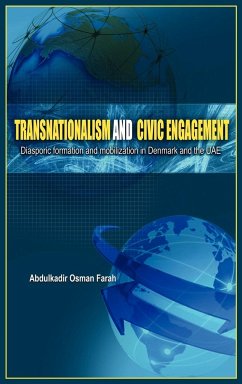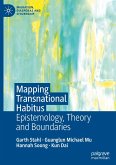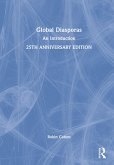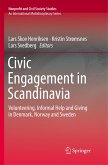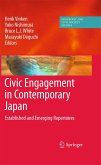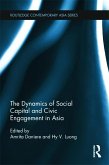The question of population migration and Diaspora transnationalism in the age of globalization is an area of social sciences deserving much more attention than it has received. This book deals with the advent of new ideological currents based on an assumed "Clash of Civilizations" increasingly popular in social, economic and political discourses. In this regard applicable oriental literature on migration and Diaspora formation is comparatively older than what has been produced in the west in recent years, thus deserving careful consideration. For instance when dealing with transnational communities the concept of qabiil (kinship allegiance) as a central organizational factor dominates western scholarship. Instead this book favors taking both western and non-western approaches into consideration in order to achieve deeper and richer understanding of the transnational global Diaspora condition. In order to surmount the dichotomy of essentialist versus no-essentialist frames, the epistemological approach instrumentalized in this work follows an emancipatory method critically engaging both approaches. Furthermore the book proposes a theoretical framework analytically connecting western and non-western social inquiry. Hence we should note Emile Durkheim's scheme of modern society transformation from "mechanical to organic solidarity" was preceded by Ibn Khaldun's binary scheme distinguishing "badawa" (primitive or pre-modern, i.e. symbolizing nomadism, loyalty and tribalism) from "hadara" (civilization or modern, i.e. symbolizing modernity, urbanization and individualism). Finally this book empirically examines how a host country's mobilizing, political and structural opportunities or lack of them influence transnational Diasporas' civic engagement that often include the application of combined formal and informal social, economic and political capital in addressing multifaceted challenges emanating from host and homeland environments.

